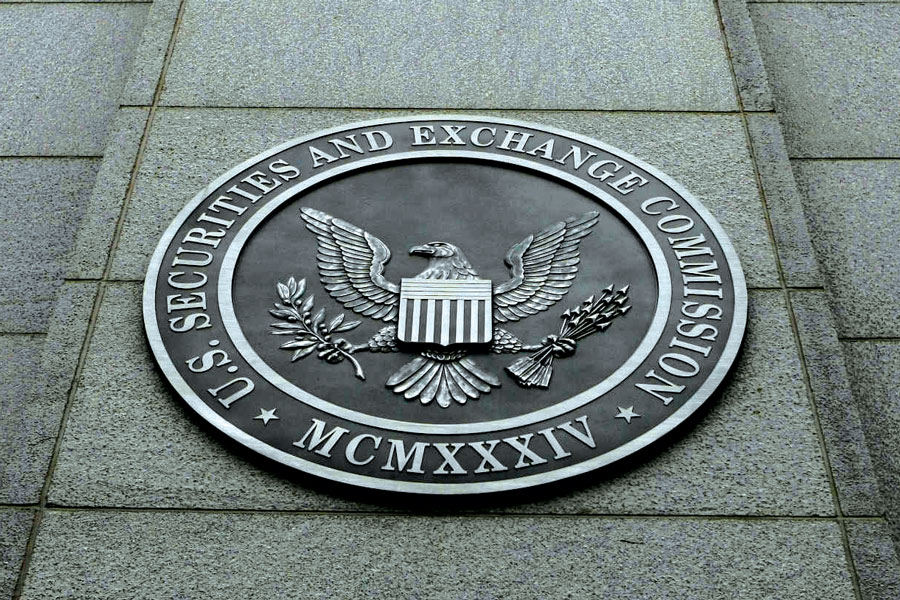On June 5, the Securities and Exchange Commission adopted a package of rule-makings and interpretations designed to enhance the quality and transparency of retail investors' relationships with investment advisers and broker-dealers.
These actions include the new
Regulation Best Interest, the new customer relationship summary, or Form CRS, and two separate interpretations under the Investment Advisers Act of 1940 regarding financial advice and retail clients.
The compliance date for Regulation BI and Form CRS is June 30, 2020, and the two new interpretations will become effective once they're published in the Federal Register.
With the passage of Reg BI, the uncertainly created by the Department of Labor's fiduciary rule has been eliminated. After the implementation of the fiduciary rule, but prior to the passage of Regulation BI, financial services firms differed in how they charged clients for managing their retirement accounts.
Some charged clients a fee, in which case they were considered investment advisers and regulated as fiduciaries. Others charged clients transaction-based compensation, such as commissions or sales loads, in which case they were considered broker-dealers and not regulated as fiduciaries. Under Regulation BI, clients can choose how they want to be charged, regardless of whether it's a retirement or non-retirement account.
Since many financial service firms that cater to retail clients already provide both options, Regulation BI will now provide better protection for those investors.
In addition, both investment advisers and B-Ds must provide clients with an easy-to-understand document, referred to as Form CRS. This form is designed to clearly state the relationship and services being offered to retail clients and the fees and costs for these services, disclose any conflicts of interest, and explain the standards of conduct.
Let's get into some
additional detail.
Regulation Best Interest
Reg BI imposes a new standard for broker-dealer conduct that goes beyond existing suitability obligations. The regulation applies to account recommendations, including any recommendations for customers to roll over or transfer their assets in a workplace retirement plan account to an individual retirement account, as well as recommendations to take a plan distribution.
Reg BI consists of the following four components:
1. Disclosure obligation
2. Care obligation
3. Conflict of interest obligation
4. Compliance obligation
[More: Cost to play bigger role in investment recommendations]
Customer relationship summary
In association with Regulation Best Interest, the SEC also adopted the new Form CRS. Registered investment advisers and broker-dealers will use this form to provide retail investors with simple, easy-to-understand information about the nature of their relationship with their financial professional.
Interpretations under the Investment Advisers Act
The SEC has also issued two interpretations under the Investment Advisers Act of 1940.
• The first reaffirms and, in some cases, clarifies the SEC's view of the fiduciary duty investment advisers owe to their clients.
• The second relates to the "solely incidental" aspect of the broker-dealer exclusion under the Advisers Act and aims to clearly delineate when a broker-dealer's performance of advisory activities causes it to become an investment adviser within the meaning of the Advisers Act.
Summary
From the point of view of a training professional, both financial services firms and retail clients benefit from choice and clarity. Regulation BI provides both and also improves the existing suitability rules that regulate broker-dealers.
A retail client can now decide for herself whether she should pay for ongoing advice or compensate her financial professional based on each product that she purchases or sells. The regulation recognizes that if investors are properly informed, they're capable of making their own decisions.
Ultimately, the new rules and interpretations are designed to enhance the quality of retail investors' relationships with broker-dealers and investment advisers. The rule-making package is designed to enhance investor protections, while preserving retail investors' access and choice in: (1) the type of professional with whom they work, (2) the services they receive, and (3) how they pay for these services.
Todd Rosenfeld is chief learning officer at Securities Training Corp., which provides training for the financial services industry.







